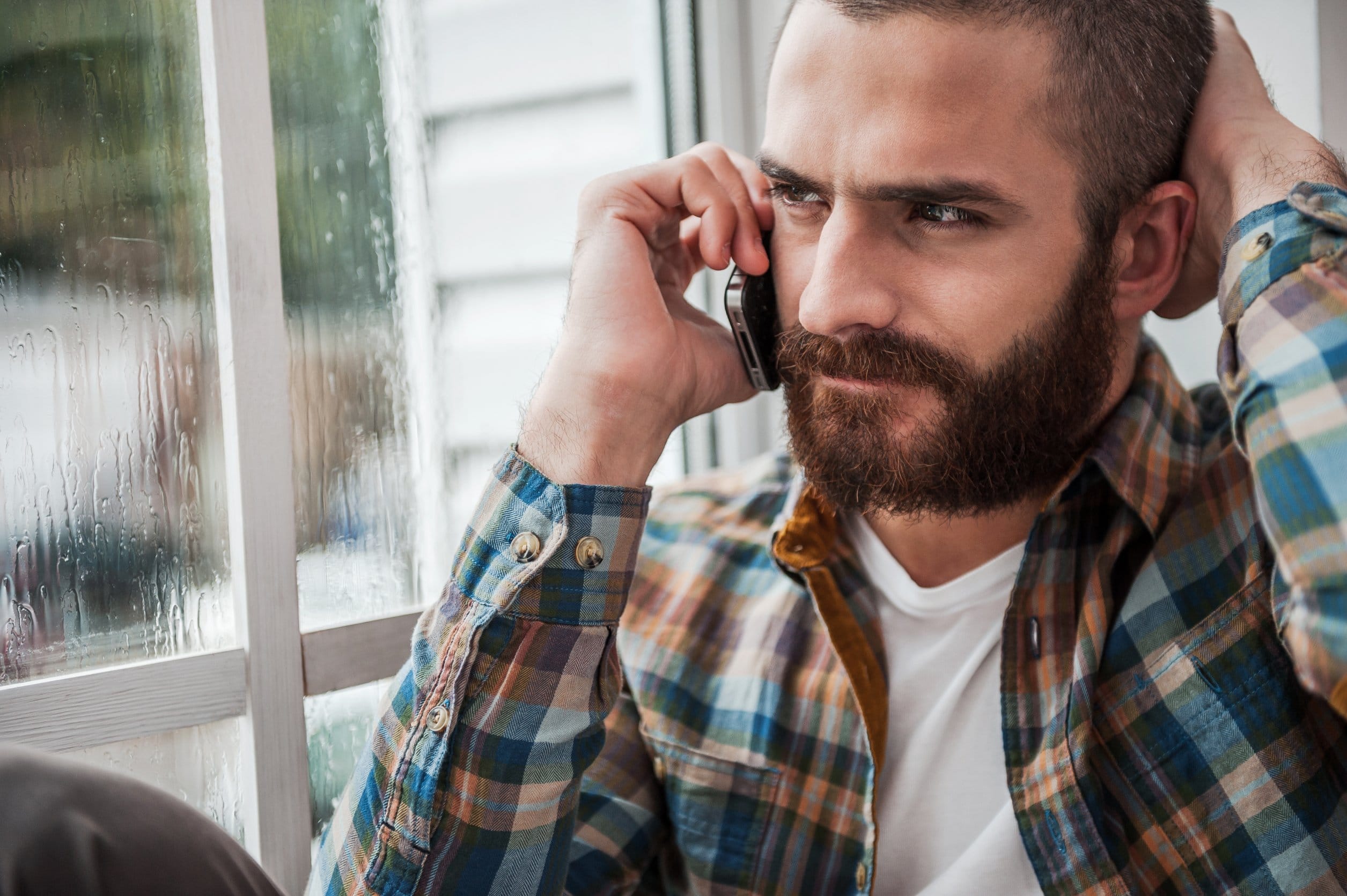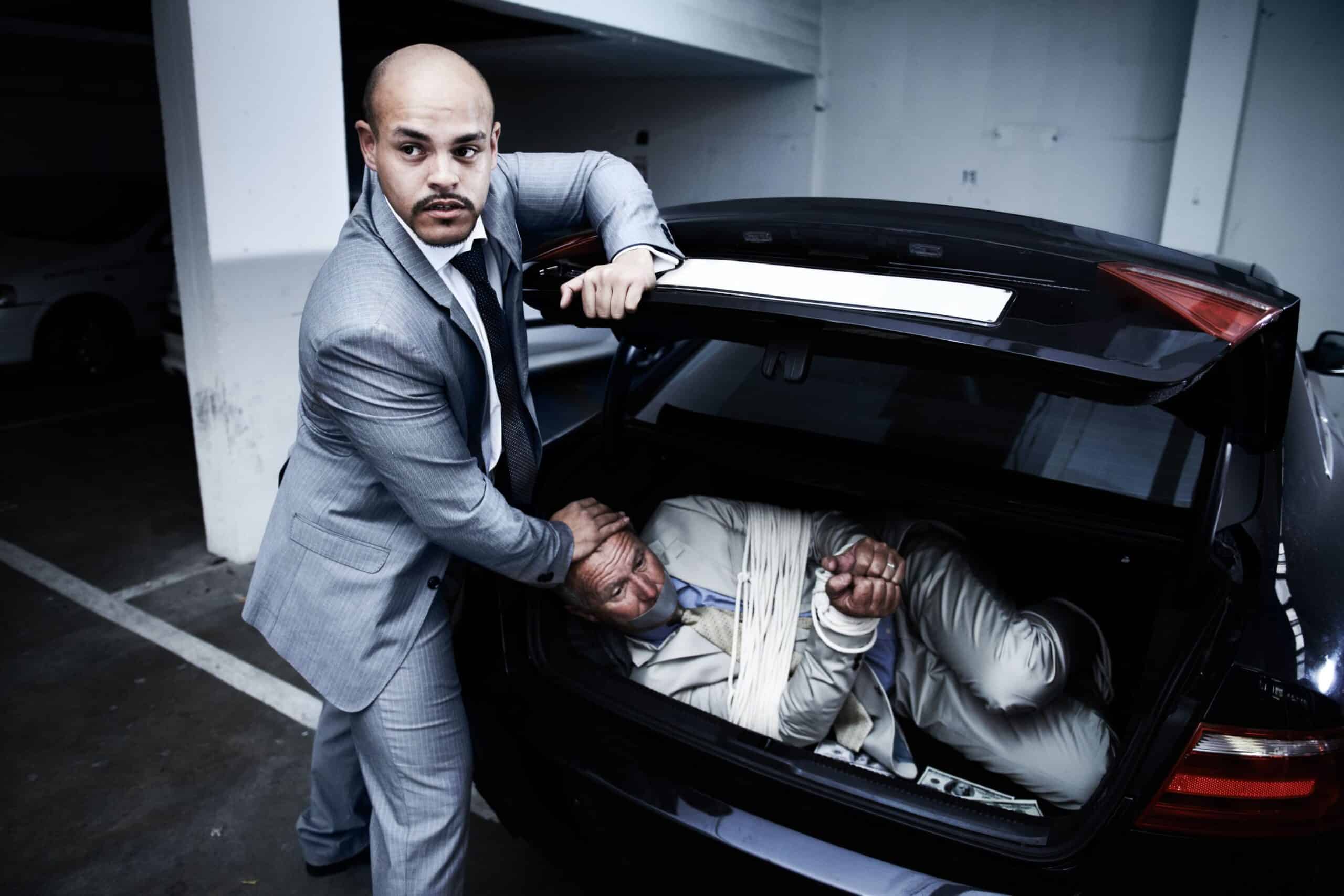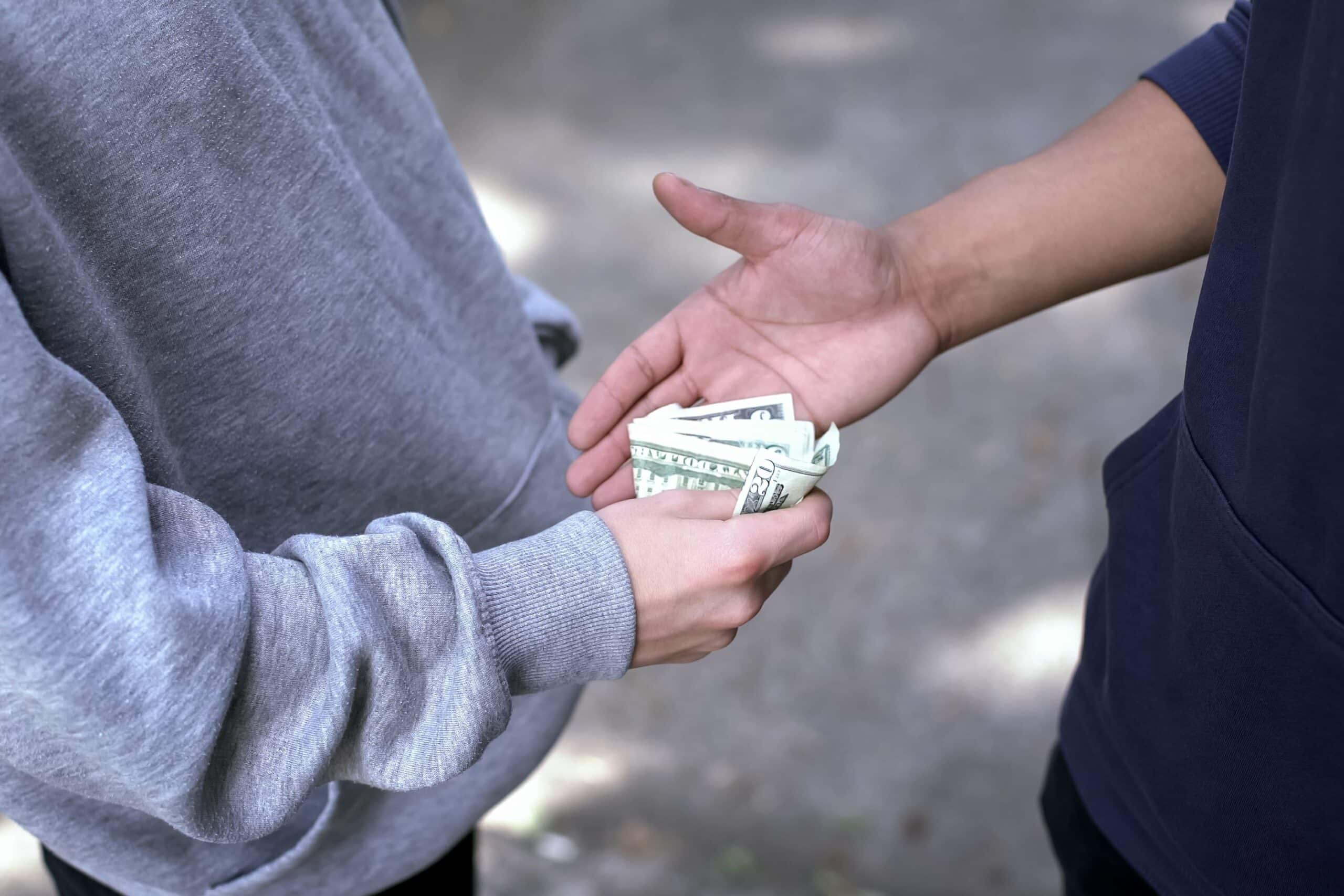MN Bad Samaritan Law: You Have a Duty to Report

Andrew & Poole, P.A.
Most people are familiar with the idea of a Good Samaritan. You know, a person who helps another when they’re in trouble, like someone who stops to help after a car wreck or helps a stranded mother to change her flat tire. Laws in many places protect Good Samaritans from prosecution for their good deeds.
But what about Bad Samaritans? By contrast, a Bad Samaritan is one that has the legal duty to assist a person in need, either through direct interventions or by letting the proper authorities know of the situation – or both.
In sex trafficking cases, there are a lot of Bad Samaritans. These people may directly benefit from sex trafficking or patronizing prostitutes who have been sex trafficked – but that doesn’t mean they don’t have the legal duty to help those who need it or report it.
Read on to find out more about how Bad Samaritan laws work in Minnesota and what it means for those who may find that victims of sex trafficking need their help.
The Duty to Report and the Duty to Rescue
Those who witness a crime like sex trafficking and refuse to report it or fail to let the authorities know about it are called “Bad Samaritans.” A witness to terrible sex trafficking events can be a police officer, citizen, social service provider, or healthcare worker –really anyone who witnesses sex trafficking but doesn’t report it or try to rescue the victim.
If they don’t report or try to rescue, then they are violating the Bad Samaritan law in Minnesota.
What Is the Duty to Report?
The duty to report is the requirement that anyone who is aware of a sex crime, sex trafficking, or human trafficking should notify the authorities. After they have reported it, they are meant to stay available and cooperative with investigators to help build the case and put the bad guys away. If a person doesn’t fulfill their duty to report, it can be a misdemeanor crime.
If someone is charged with failure of their duty to report, then it’s vital to seek out a criminal defense lawyer to help you navigate the charges against you and understand your rights in the situation. However, even if you do report as you should and become part of an investigation, it’s still not a bad idea to bring a lawyer in to help represent your interests.

What is the Duty to Rescue?
The duty to rescue is the obligation of someone who learns of human trafficking to take an action of some sort. This action may mean encouraging a victim to leave or aiding them in leaving their trafficking conditions. A person has to at least try to help a person be rescued, even if they’re not successful. Failure to do so can result in criminal charges.
Why Doesn’t Every State Have a Bad Samaritan Law?
On its face, it seems as if Bad Samaritan laws are a good thing, and this type of behavior by bystanders should be encouraged. Yet, not every state has this type of law, nor does the federal government. In fact, these laws have faced a lot of criticism.
Why would someone criticize these laws? One reason is that they’re afraid it will encourage people to falsely report when these crimes are occurring, because they fear the repercussions if they don’t.
Also, it is feared that widespread Bad Samaritan laws would only make the mass incarceration problem worse. Some critics worry that law enforcement may apply the laws in a discriminatory manner.
It’s also important to note that the very nature of Bad Samaritan laws is condemned by many people, because they are often vague statutes that punish the character of a person rather than their conduct. There is also some argument that they impinge on a person’s individual liberty.

Additionally, critics of these laws question how effective they ultimately are in solving human trafficking. They think these laws are unlikely to coerce bystanders. Instead, they might be counterproductive to someone who is actually trying to help – a Good Samaritan.
Bad Samaritan laws, even with these criticisms, do exist in Minnesota. So it’s vital that, if you are party to human trafficking or a witness to it, you should come forward and try to help.
You can do so by either reporting it to authorities or encouraging the person to try to escape the situation to seek help themselves. Failure to do this can put you in legal jeopardy, which is why you must understand the law to begin with.
About the Author:
A lifelong Minnesotan, founding partner Ronald R. Envall has spent his entire legal career fighting for the little guy, focusing on workers’ compensation, Social Security, and personal injury cases. He has been recognized by SuperLawyers as a Top Rated attorney in Duluth, placing him in the top 5 percent of all workers comp lawyers across the state. In his free time, Mr. Envall serves on the boards of several area government and nonprofit organizations and is a member of the Minnesota Association for Justice, which supports consumer rights.
















